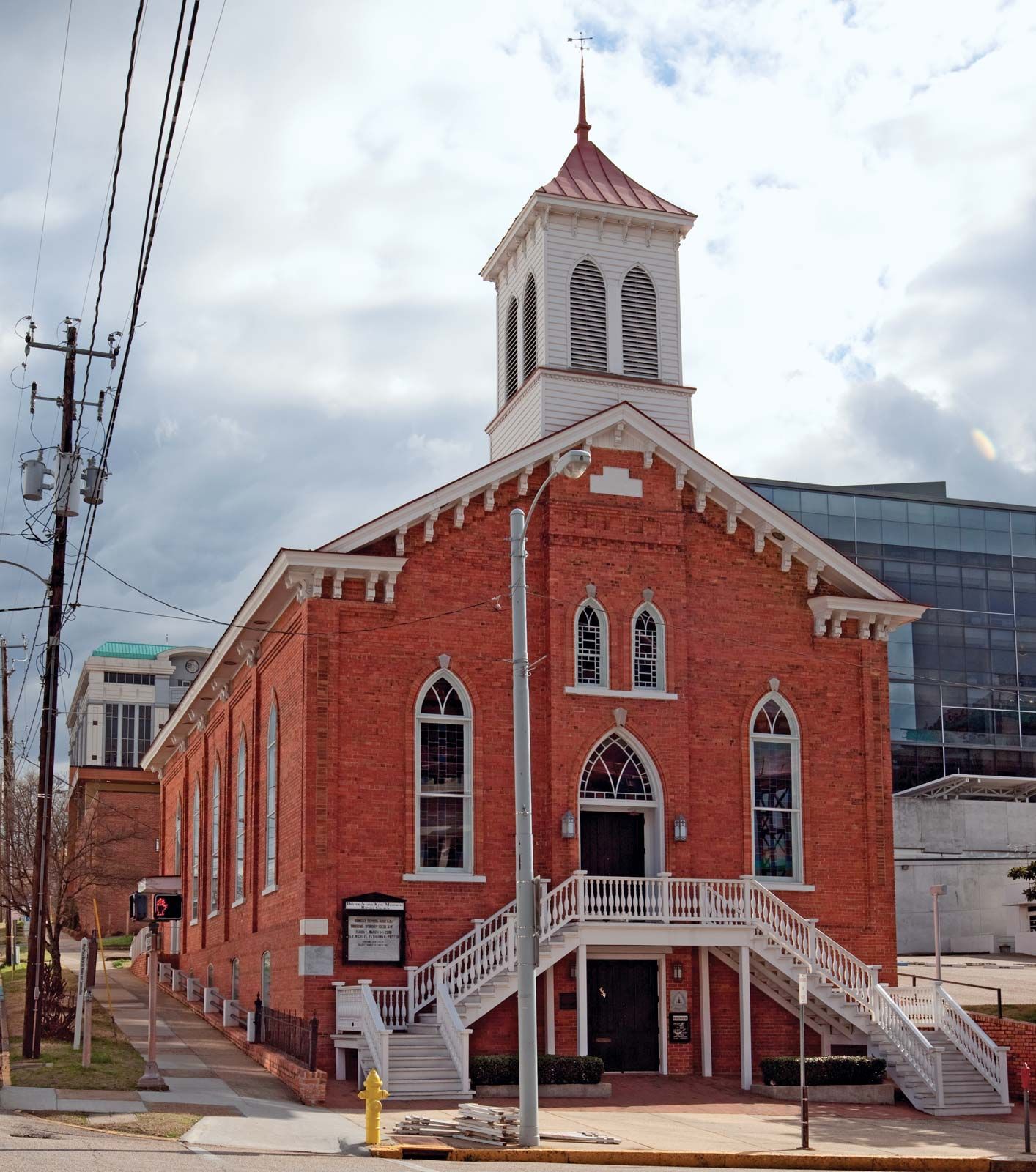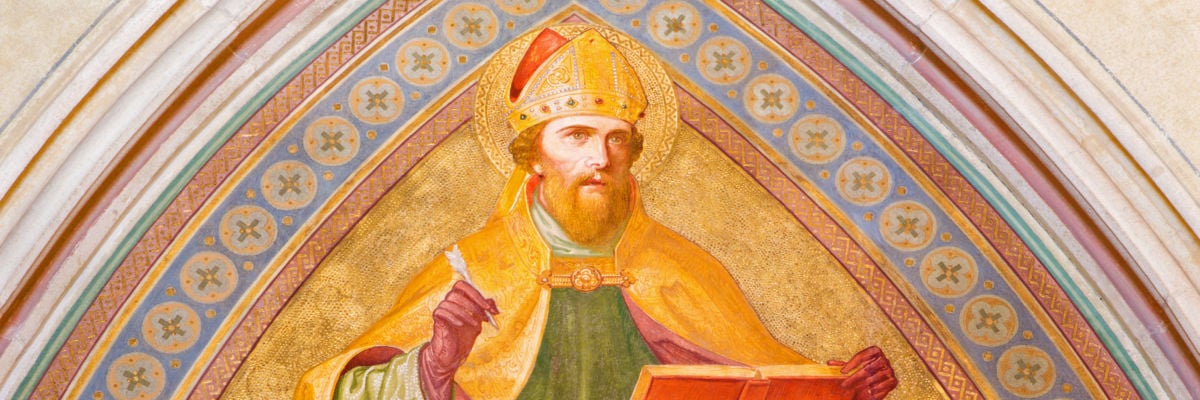Readers, take note how Arminians do not do an exposition of scripture, or give an exegesis of a passage other than what they invent out of their own emotions and feelings. They wish to make God in their image, but God's word forbids that. We cannot even fully comprehend God.
God is Incomprehensible, so we must stay with what he has written to us even if we can't fully understand it -
For my thoughts are not your thoughts, nor are your ways my ways, says the LORD. For as the heavens are higher than the earth, so are my ways higher than your ways and my thoughts than your thoughts. (Isa 55:8-9, NRSV)
Can you find out the deep things of God? Can you find out the limit of the Almighty? It is higher than heaven—what can you do? Deeper than Sheol—what can you know? Its measure is longer than the earth, and broader than the sea. (Job 11:7-9, NRSV)
These are indeed but the outskirts of his ways; and how small a whisper do we hear of him! But the thunder of his power who can understand?” (Job 26:14, NRSV)
He has made everything suitable for its time; moreover he has put a sense of past and future into their minds, yet they cannot find out what God has done from the beginning to the end. (Eccl 3:11, NRSV)
O the depth of the riches and wisdom and knowledge of God! How unsearchable are his judgments and how inscrutable his ways! “For who has known the mind of the Lord? Or who has been his counselor?” (Rom 11:33-34, NRSV)
The secret things belong to the LORD our God, but the revealed things belong to us and to our children forever, to observe all the words of this law. (Deut 29:29, NRSV)
Those of us who believe the Total Depravity of Man, Unmerited Election, Particular Redemption, Efficacious grace and the Perseverance of the saints, we base our belief on the explicit statements of scripture. We can give a logical exegesis of the passages which superficially seem to contradict the Five Points. How much detailed exegesis do you find coming from the Arminian?
God is Incomprehensible, so we must stay with what he has written to us even if we can't fully understand it -
For my thoughts are not your thoughts, nor are your ways my ways, says the LORD. For as the heavens are higher than the earth, so are my ways higher than your ways and my thoughts than your thoughts. (Isa 55:8-9, NRSV)
Can you find out the deep things of God? Can you find out the limit of the Almighty? It is higher than heaven—what can you do? Deeper than Sheol—what can you know? Its measure is longer than the earth, and broader than the sea. (Job 11:7-9, NRSV)
These are indeed but the outskirts of his ways; and how small a whisper do we hear of him! But the thunder of his power who can understand?” (Job 26:14, NRSV)
He has made everything suitable for its time; moreover he has put a sense of past and future into their minds, yet they cannot find out what God has done from the beginning to the end. (Eccl 3:11, NRSV)
O the depth of the riches and wisdom and knowledge of God! How unsearchable are his judgments and how inscrutable his ways! “For who has known the mind of the Lord? Or who has been his counselor?” (Rom 11:33-34, NRSV)
The secret things belong to the LORD our God, but the revealed things belong to us and to our children forever, to observe all the words of this law. (Deut 29:29, NRSV)
Those of us who believe the Total Depravity of Man, Unmerited Election, Particular Redemption, Efficacious grace and the Perseverance of the saints, we base our belief on the explicit statements of scripture. We can give a logical exegesis of the passages which superficially seem to contradict the Five Points. How much detailed exegesis do you find coming from the Arminian?



 Love that last part.
Love that last part.

